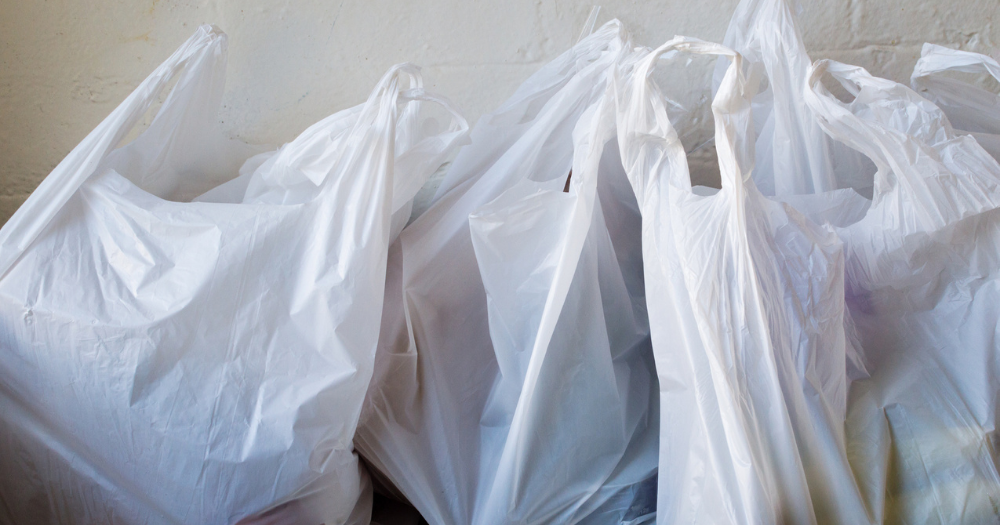For those in Singapore worrying about having to fork out some cents for plastic bags, there is still no clear date as to when the plastic bag charge will take effect.
While the public consultation on this matter is expected to be complete by the end of this year, more time is needed for the implementation plan, the Ministry of Sustainability and the Environment (MSE) said.
Will need to give industry time to prepare after public consultation
On May 10, Senior Minister of State for Sustainability and the Environment Amy Khor revealed in Parliament that the public consultation for the charge for disposable carrier bags is expected to be completed by the end of the year.
However, MSE and the National Environment Agency (NEA) clarified with Mothership that they are unable to provide an indicative timeline at this point.
The development of timeline will take into account factors such as giving ample time for the industry to prepare for the implementation.
Here's the full statement to Mothership from MSE:
"The Ministry of Sustainability and the Environment and the National Environment Agency will consult key stakeholders on the implementation timeline. As such, we are unable to provide an indicative timeline at this point. In our development of the timeline, we will take into account factors such as the time needed for the industry to prepare for implementation."
One of the eight recommendations
In Parliament, Khor highlighted Singapore's excessive consumption of the material, stating that 200,000 tonnes of disposables such as carrier bags and takeaway containers were thrown away in 2020.
This is enough to fill around 400 Olympic-sized swimming pools.
Implementing a plastic bag charge was thus one of eight recommendations by the Citizens' Workgroup on Reducing Excessive Consumption of Disposables.
At the moment, NEA will study overseas examples and consult key stakeholders as well as members of the public.
Factors such as the amount to be charged, whether the charge will apply per transaction or per bag from the first or third bag, implementation timeline and how the charge proceeds will be used are still in the midst of discussion.
Taking into account local context
Khor added that the government will take into account the local context, such as the current practice of reusing disposable plastic bags to bag trash.
MSE will work with the Ministry of Social and Family Development to ensure that low income households will not be drastically impacted by the charge.
The ministry will also consult supermarket operators on details like how the charge would apply to home deliveries, as well as training supermarket employees to minimise packaging use while packing groceries.
Khor noted, however, that there are "no plans" to encourage the use of biodegradable plastic bags over disposable plastic bags.
This is due to the fact that the benefits of biodegradable plastic bags do not apply in Singapore's city context, where non-recyclable trash is incinerated and dumped in landfills.
The key is to reduce the overall usage of disposable.
"Every type of packaging material results in different environmental impacts such as carbon emissions and water consumption. Rather than substituting plastic disposables with disposables made of other materials, such as biodegradable plastics, the more sustainable approach is to reduce the excessive use of disposables altogether."
Nevertheless, Khor emphasised that the charge "is not a silver bullet" and that public education and awareness is necessary to shift towards a zero waste Singapore.
Related stories
Top photo from Natalia Board / Getty Images
If you like what you read, follow us on Facebook, Instagram, Twitter and Telegram to get the latest updates.

